In the vast landscape of beloved cartoon characters, few have achieved the iconic status of Mickey Mouse. Created by Walt Disney and Ub Iwerks in 1928, this cheerful and endearing character has been a symbol of joy and magic for generations. However, as time marches on, fans and enthusiasts have been left wondering about the fate of their beloved mascot. In this exploration, we delve into the intriguing question: What killed Mickey Mouse?
The Evolution of Mickey:
Before we delve into the demise of Mickey Mouse, it’s crucial to appreciate the journey of this timeless character. Over the years, Mickey has undergone significant transformations, adapting to changing times and audience preferences. From his debut in “Steamboat Willie” to modern appearances in various media, Mickey has always been a reflection of the cultural zeitgeist. So, what could have possibly led to the decline of such an enduring figure?
The Impact of Changing Entertainment Trends:
One factor contributing to the speculated demise of Mickey Mouse is the ever-evolving landscape of entertainment. With the rise of new platforms, streaming services, and diverse content, traditional characters like Mickey may face challenges in remaining relevant. The advent of edgier, more complex characters and storylines may overshadow the simplicity and innocence associated with Mickey, causing a decline in popularity.

The Influence of Corporate Decisions:
As with any iconic character, corporate decisions play a pivotal role in shaping their destiny. The Walt Disney Company, the powerhouse behind Mickey Mouse, has made strategic choices over the years that may have impacted the character’s appeal. From changes in branding to business decisions that prioritize newer intellectual properties, corporate influences could be a key factor in the perceived decline of Mickey Mouse.
Nostalgia vs. Innovation:
Another dimension to consider is the delicate balance between nostalgia and innovation. While Mickey Mouse holds a special place in the hearts of those who grew up with him, capturing the attention of younger audiences requires constant innovation. Striking this balance can be challenging, and if not executed successfully, it may contribute to the fading relevance of Mickey Mouse in today’s entertainment landscape.
The Internet Age and Changing Consumption Habits:
In the age of the internet, where attention spans are shorter and content is consumed rapidly, classic characters may struggle to compete with viral trends and fast-paced digital experiences. The question arises: Has the digital revolution and changing consumption habits played a role in what some perceive as the decline of Mickey Mouse?
Conclusion:
The mystery of what killed Mickey Mouse is complex, involving a combination of factors ranging from shifting entertainment trends to corporate decisions and the challenges posed by the digital age. However, it’s essential to note that the legacy of Mickey Mouse remains deeply ingrained in popular culture, and his impact is far from forgotten. Whether through nostalgic appreciation or innovative adaptations, Mickey Mouse continues to hold a special place in the hearts of those who cherish the magic of classic animation. As we navigate the ever-changing landscape of entertainment, the fate of Mickey Mouse remains an ongoing narrative, awaiting the next chapter in the remarkable story of this beloved character.
Common FAQs
1. What is the origin of Mickey Mouse?
Mickey Mouse was created by Walt Disney and Ub Iwerks and made his debut in the animated short film “Steamboat Willie” on November 18, 1928. He quickly became the mascot of The Walt Disney Company and an iconic symbol of entertainment worldwide.
2. How has Mickey Mouse evolved over the years?
Mickey Mouse has undergone significant transformations since his creation. Initially designed as a cheerful, mischievous character, Mickey has evolved to adapt to changing times and audience preferences. From black and white cartoons to technicolor and 3D animations, Mickey has embraced various mediums and styles.
3. What killed Mickey Mouse?
The decline in Mickey Mouse’s popularity is a complex matter, influenced by factors such as changing entertainment trends, corporate decisions, and the challenges of staying relevant in the digital age. It’s important to note that while there might be perceptions of a decline, Mickey Mouse’s legacy remains strong, and discussions around his popularity are subjective.
4. How has the Walt Disney Company contributed to Mickey Mouse’s legacy?
The Walt Disney Company has played a pivotal role in shaping and preserving Mickey Mouse’s legacy. Through theme park attractions, merchandise, and ongoing adaptations in films and television. Disney has continue to celebrate and promote Mickey Mouse, ensuring his enduring presence in popular culture.
5. Is Mickey Mouse still popular today?
While opinions on Mickey Mouse’s current popularity may vary, he continues to be a recognizable and beloved character globally. The character’s timeless appeal ensures a steady fan base. And Disney regularly introduces new content and merchandise to keep Mickey Mouse relevant to new generations.
6. How does Mickey Mouse compete with newer characters and entertainment trends?
Mickey Mouse faces competition from newer characters and evolving entertainment trends. Striking a balance between preserving the character’s nostalgic charm and introducing innovative elements is crucial to remain appealing to both longtime fans and younger audiences.
7. What role does nostalgia play in Mickey Mouse’s enduring popularity?
Nostalgia is a significant factor in Mickey Mouse’s enduring popularity. The character holds a special place in the hearts of those who grew up with him, creating a sense of emotional connection. Disney leverages this nostalgia through re-releases, classic merchandise, and themed events.
8. Can Mickey Mouse adapt to modern storytelling and technology?
Yes, Mickey Mouse has demonstrated adaptability to modern storytelling and technology. From classic animated shorts to video games, interactive experiences. And augmented reality, Disney continues to explore innovative ways to present Mickey Mouse to contemporary audiences.
9. What is the significance of Mickey Mouse in popular culture?
Mickey Mouse is a cultural icon and symbol of entertainment. His image is synonymous with the magic of Disney and has become a globally recognized and cherished figure. The character’s influence extends beyond animation into fashion, art, and various forms of media.
10. Will Mickey Mouse continue to be relevant in the future?
The future relevance of Mickey Mouse depends on Disney’s ability. To adapt to changing trends, engage with new audiences, and find innovative ways to showcase the character. Given Mickey’s enduring legacy and Disney’s commitment. It’s likely that Mickey Mouse will remain a beloved figure for generations to come.


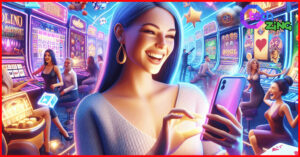








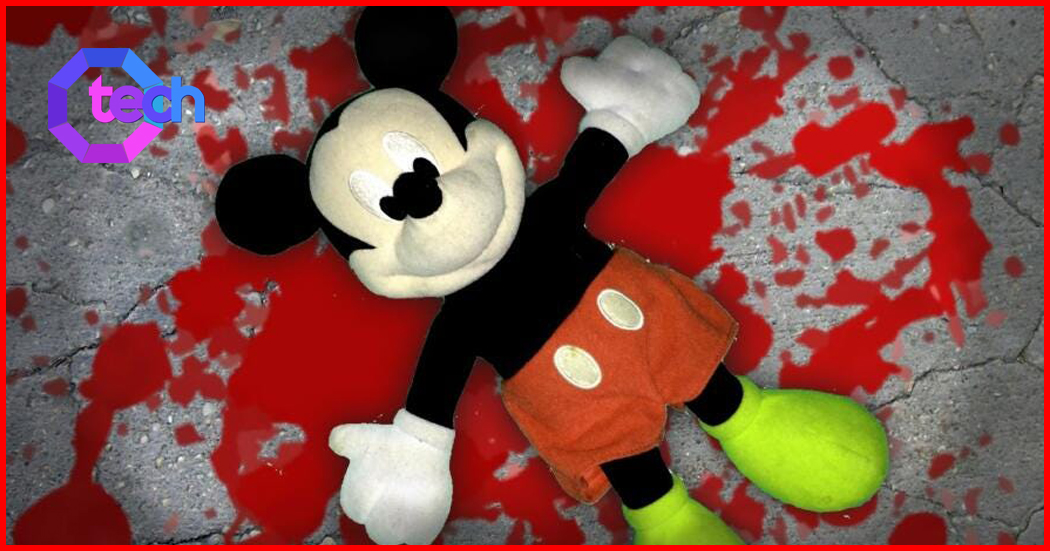
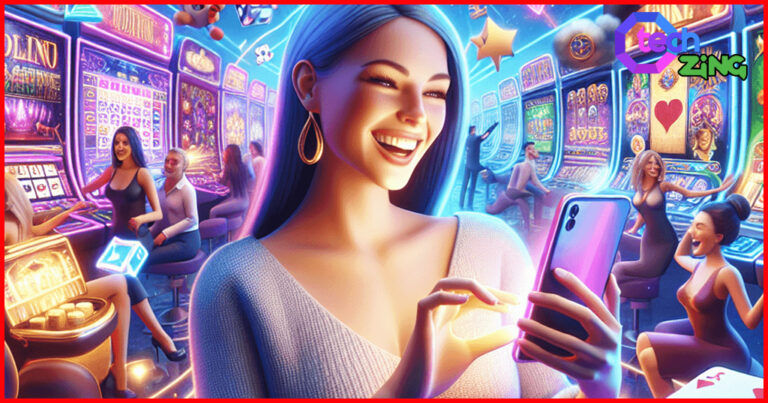

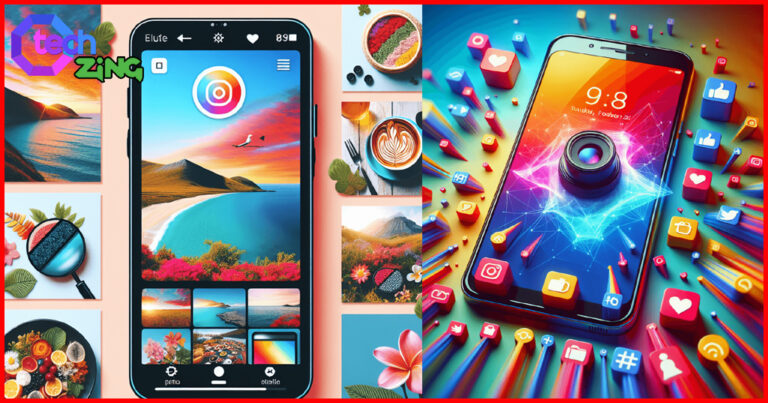





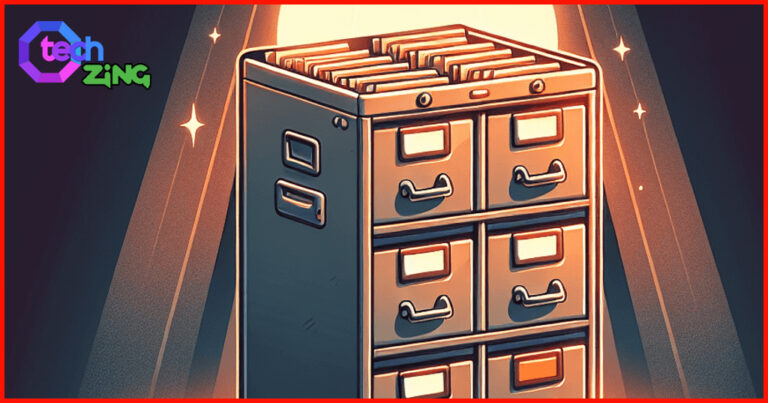


[…] journey is a testament to the power of simple yet addictive gameplay and charming design. In this article, we delve into the world of Pac-Man, exploring its history, gameplay, impact, and enduring […]
[…] February 9, 2024 […]